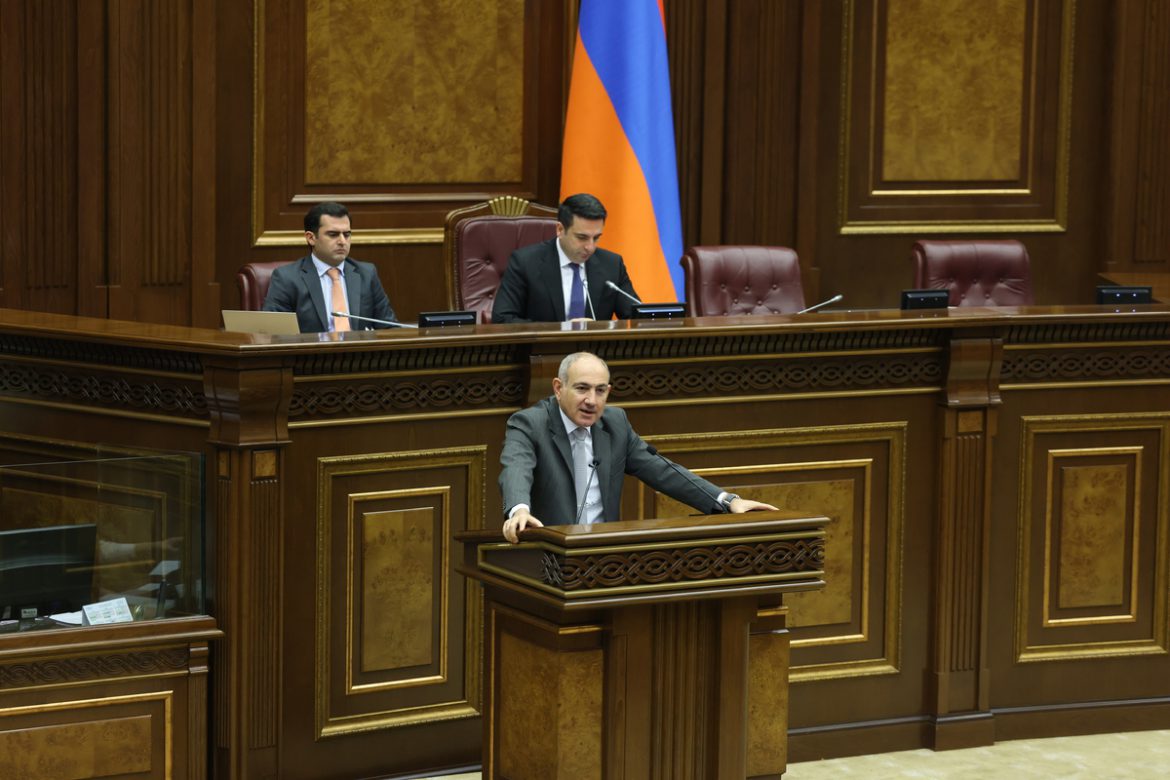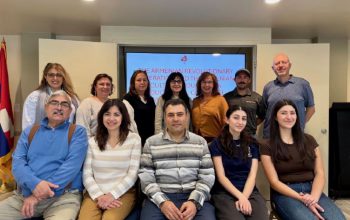Prime Minister Nikol Pashinyan confirmed on Wednesday that Armenia will not host the upcoming Eurasian Economic Union (EEU) summit and will maintain its effective suspension of membership in the Russian-led Collective Security Treaty Organization (CSTO).
The EEU summit, initially planned for December 25 in Yerevan, will now take place in Saint Petersburg. This change coincides with the conclusion of Armenia’s one-year rotating presidency in the five-nation economic bloc. The Armenian Foreign Ministry attributed the venue shift to a collective decision by EEU leaders, but Pashinyan offered a more pointed explanation.
“I personally decided it would be inappropriate to hold the event in Armenia, as, unfortunately, some members of the EEU Supreme Economic Council are unwelcome in our country,” Pashinyan told parliament, responding to a question from an opposition lawmaker. He did not specify who he was referring to, leaving it unclear whether he meant Russian President Vladimir Putin or Belarusian President Aleksandr Lukashenko, who strained relations earlier this year with pro-Azerbaijani statements during a visit to Baku.
Observers and opposition figures speculate that Yerevan’s decision to forgo hosting the summit stems from concerns over Putin’s potential attendance. Armenia’s 2023 ratification of the International Criminal Court’s (ICC) founding treaty, the Rome Statute, complicates matters. The ICC has issued an arrest warrant for Putin over alleged war crimes in Ukraine, raising questions about his legal immunity in Armenia.
Pashinyan reiterated Armenia’s concerns but avoided a direct answer when asked if Putin risked arrest upon entering Armenia. He noted that Moscow had dismissed an Armenian proposal to sign a bilateral agreement granting Putin immunity from ICC warrants.
The Russian Foreign Ministry has criticized Armenia’s ratification of the Rome Statute, with spokeswoman Maria Zakharova stating it “directly damages Armenian-Russian relations,” both symbolically and practically.
This diplomatic friction underscores a broader rift. Yerevan has accused Moscow and other CSTO members of failing to uphold security commitments to Armenia, particularly during Azerbaijan’s post-2020 incursions into Armenian territory. Pashinyan boycotted a CSTO summit last week, marking another step in Armenia’s distancing from the alliance.
After the November 28 summit, Putin expressed hope for Armenia’s full return to CSTO activities, dismissing Yerevan’s criticisms as tied to “internal political processes” and Azerbaijan’s seizure of Nagorno-Karabakh. He denied the presence of any “external aggression against Armenia itself.”
Pashinyan countered these claims, arguing that the CSTO’s lack of response to Azerbaijani attacks on Armenia’s borders justified the suspension of Armenia’s participation. He acknowledged the growing difficulty of renewed CSTO engagement, though he stopped short of announcing a formal withdrawal.




